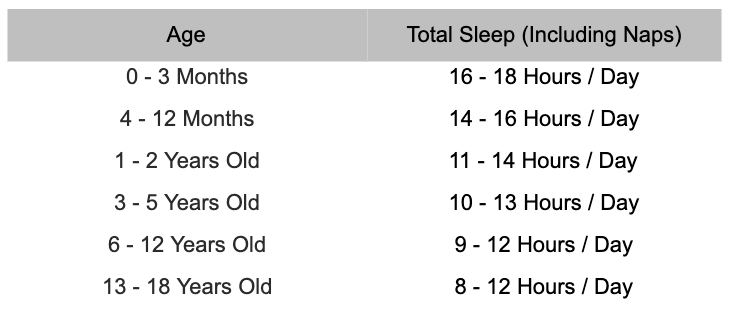How to create a family unit that is rested and refreshed this fall – from the perspective of a Sleep Consultant.
March 2020: Just get through two weeks. My boss understands.
April 2020: April Fools, they will be back to school in May. Let’s enjoy this chance to connect as a family.
May 2020: Um… yeah…so Fall? It has to pass by fall.
August 2020: There is no F&*%&^*& way I can do a whole year of this.
Add in some hurricanes, earthquakes, and unrest — I just keep thinking we have to be at rock bottom…no??
One thing in my business of pediatric sleep consulting is very clear, parents are tired and their sleep situation at home is coming unhinged. Everyone is together 24/7, working, studying, playing, surviving, and balancing this new normal. Doing it with a screaming toddler, an overtired baby, or grumpy 4th grader and it’s bound to be a long few…dare I say…months).
Children today are tired and as a result, so are their parents. Not only is poor sleep a risk factor for the development of a range of mental health issues, but it’s also a common feature of many mental illnesses, including anxiety, depression, and bipolar disorder. The right amount of sleep provides the ability to regulate cognitive and emotional functions.
Children who have poor sleep hygiene are also associated with having impaired academic function and overall diminished well-being by 10, according to a new study by CHOP, here in Philadelphia where I reside and work with many clients. We can’t expect our kids to concentrate in a remote learning situation if they are face down on the computer.
In adults, according to the National Safety Council, fatigued workers cost employers about $1,200 to $3,100 per employee in declining job performance each year. Sleep-deprived workers are estimated to cost employers $136 billion a year in health-related, lost productivity. On top of that, almost 13% of work injuries are attributable to sleep deprivation, and sleeping less than 5 hours a night has the same impact on your brain as being intoxicated.
So how do you fix the sleep struggles in your home and get your child to sleep through the night or stop bedtime protest with your child?
- First, start by assessing what the main family goals are around sleep need by age for you and your children, according to the AASM, and structure your schedule around those needs and against the body’s natural circadian rhythm. Most healthy adults should sleep 7–9 hours per day. A child’s sleep needs vary by age.

- Next, create a solid bedtime routine and set a bedtime for your children and you. In doing so, it helps your body to find consistency in its wake/sleep cycles and balance the hormones that prepare your body for sleep and get you moving in the morning. Set an ideal bedtime and work backward to ensure there is plenty of time for showers, books, and a bedtime cuddle.
- Set boundaries & consequences. Life is not just a bowl or rewards. We all need to be accountable for our actions and work as a family unit towards a goal. Lead by example and set expectations around sleep and where they will and will not be allowed to sleep ???? (….mom…can I come in your bed??) We have a lot of tools here on our website for you to get started.
- Create an ‘unplug’ station. Everyone, including you, needs to power down for the night. Devices are addictive and stimulating and should stay out of the bedtime routine and out of the bedroom all night, until morning.
- Practice mindfulness — as a family unit, it is also a nice way to calm and connect. We use the Zenimal in our home and it’s been my saving grace these past months. It’s a screen-free child meditation device and it makes mindfulness fun and allows us all to cool our jets, not only at bedtime but mid-day when we all need to take a pause and reset in the day too.
- Take action. Find a Sleep Consultant in your city or connect with Tiny Transitions, as we have a team of professionals across the US that can help you find sleep and restore rest in your home. Speak to your primary care doctor if you believe your challenges go deeper than habit or sleep regressions. Don’t leave it up to the DIY blogs, Google, and local Facebook groups. Sleep is complex, every family situation is different and the reasons by the root of your challenges take time and support to work through. If it was that easy, you would all be sleeping. Sleep is our superpower, let it be your family’s too.
Courtney Zentz is an award-winning entrepreneur, baby Sleep Expert, and Founder of Tiny Transitions Sleep Consulting and works around the world providing parents with a solution to their sleep struggles, that is backed by science and balanced with your love and support.
The mission of Tiny Transitions is to teach healthy sleep hygiene and parenting education to parents and their babies, toddlers, and young adults who struggle to sleep well.


